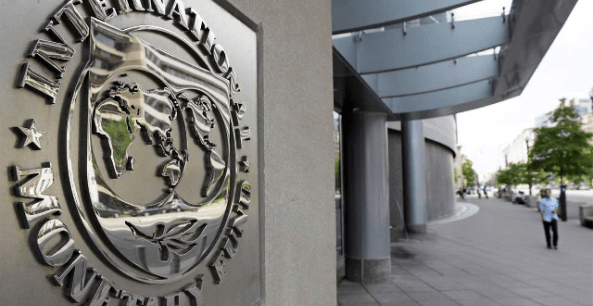The International Monetary Fund (IMF) has urged oil exporters in Sub-Saharan Africa, including Nigeria, to aim for buffers of 5 to 10% of GDP to manage large oil price swings.
In its Sub-Saharan Africa Country Focus, it warned that savings from oil revenues could help manage price swings. For many countries, this means maintaining annual fiscal surpluses of up to 1% per year over 10 years.
Oil prices have fluctuated over the last two years, from a low of $23 per barrel to a high of $120 per barrel, resulting in highly uncertain revenues in oil-dependent economies.
This is because when oil prices are higher, oil exporters spend more. In Nigeria, for example, on fuel subsidies.
However, according to the IMF, most oil exporters in the region have not saved enough to protect themselves from volatile oil price changes.
In fact, sovereign wealth funds in sub-Saharan Africa hold assets of just 1.8 per cent of gross domestic product—compared to 72 per cent in the Middle East and North Africa—forcing countries to borrow or draw down financial assets when oil prices fall.
As a result, the region’s oil producers grew more than two percentage points slower per year than non-resource-intensive countries over the decade to 2020.
The Washington-based lender also warned that debt service costs in Sub-Saharan Africa were nearly twice as high.
It also warned that as countries shift to low-carbon energy sources, oil revenues could fall precipitously. Oil revenues in the region could fall by a quarter by 2030, and by half by 2050.
The IMF then tasked the region’s oil exporters with creating buffers to help cushion the impact of cleaner adaptation on the oil industry.
Building buffers now would help the region’s oil exporters navigate the transition toward clean energy while managing oil price fluctuations, it noted.


